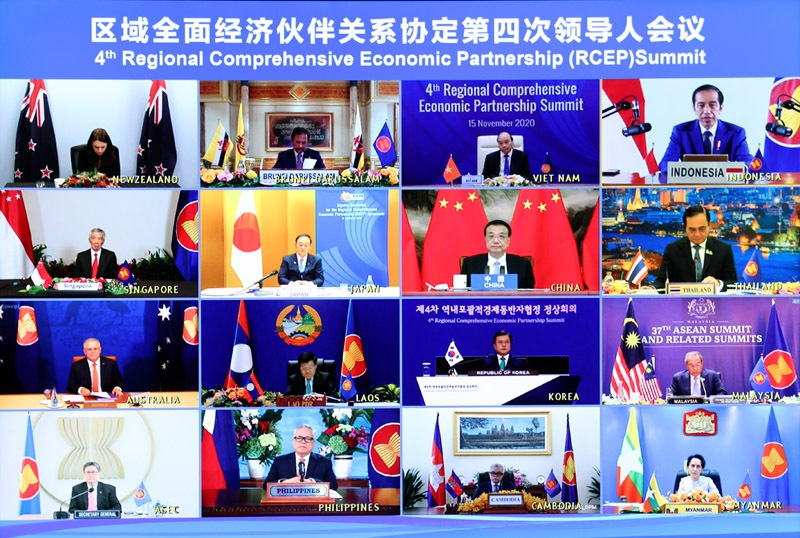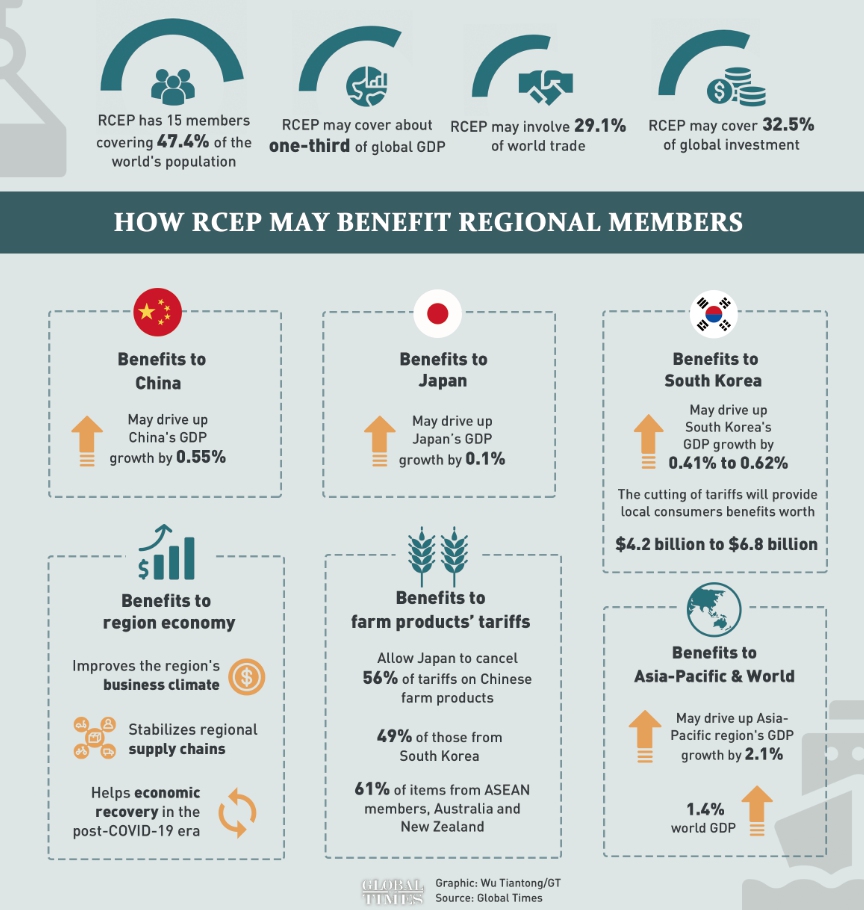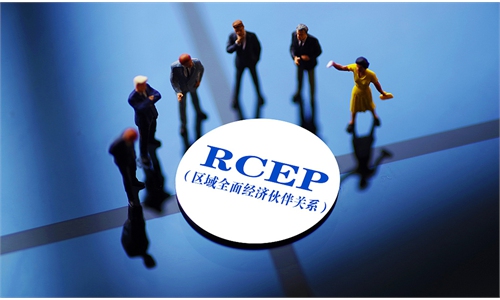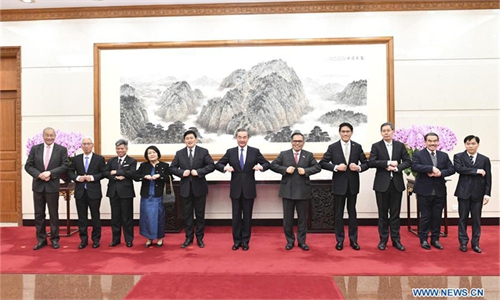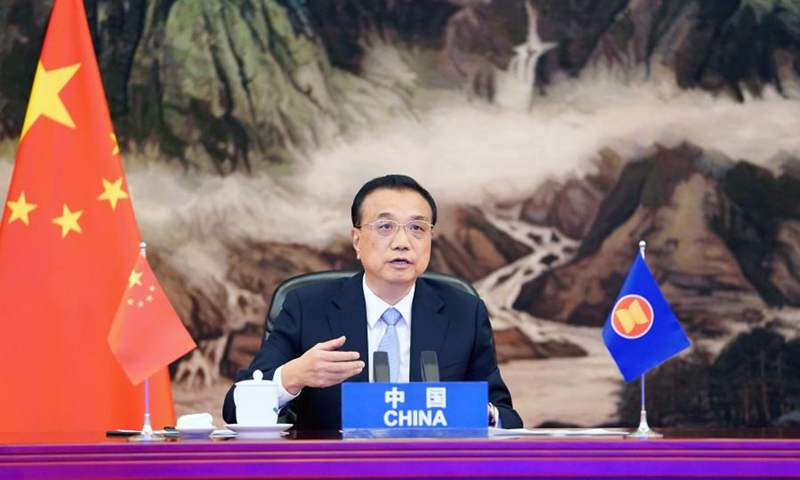
Rising support for gender diversity, inclusivity in profession
The importance of diversity and gender balance in professional fields, including accounting, has gained recognition in recent times.
The accounting profession, as a crucial component of the business world, said Association of Chartered Certified Accountants (ACCA) chief executive officer Helen Brand (OBE), greatly benefits from incorporating varied perspectives and experiences into its decision-making processes.
As one of the most influential voices in the profession, Brand, who was in Kuala Lumpur on Sept 6 for the 88th ACCA Anniversary Gala Dinner, sat down with StarEdu to talk about the evolving landscape of accountancy, particularly in relation to diversity, inclusion, and the future of work.
As of October 2024, women make up a substantial 62% of the accounting workforce in Malaysia, compared to 38% for men, according to ACCA’s member demographics.
“Diversity of thought and inclusive representation are not just moral imperatives – they are essential for driving better business performance and innovative solutions.
ALSO READ: Tackling inequalities
“Different perspectives can also lead to better solutions by avoiding groupthink and by ensuring a comprehensive understanding of customer needs,” Brand shared.
Brand, who is a founding member of the International Integrated Reporting Council (IIRC), is also a member of the United Kingdom government’s Professional and Business Services Council, and has participated in a number of trade advisory forums and university advisory boards.
Many businesses, she pointed out, are now committed to the United Nations Sustainable Development Goals (SDGs) due to increasing pressure from the public, governments and regulators, requiring them to demonstrate social inclusion alongside profitability.
SDG 5, she said, is one of the 17 SDGs that seeks to achieve gender equality and empower women and girls.
Gender equality is a basic human right and an essential factor for building a peaceful, prosperous and sustainable world, she added.
“It’s becoming increasingly important for businesses to show they include all parts of society in their workforce and have a positive impact.
“Inclusive slogans, however, must be backed up with tangible achievements.“Reporting on gender diversity in annual and integrated reports has become as essential as financial performance reporting,” she said, noting that companies excelling in gender diversity often see better financial results due to a broader talent pool that gives employers the biggest opportunity to recruit the best person.“Inclusion means recognising different attributes as equal, not lesser, and that’s what we can achieve by making sure that there’s equal representation with women,” she explained.
Brand emphasised that the UN SDGs play an important role, providing a clear framework to guide people’s actions and assess their progress.
The focus, she said, should not just be on financial performance.
“The ongoing discussion about sustainability, including the impact businesses have on people and the significance of human capital, is a major step forward, extending beyond the scope of the SDGs,” she said.
Gender diverse teams, said Universiti Tunku Abdul Rahman (UTAR) Faculty of Business and Finance Department of Commerce and Accountancy head Dr Sonia Johanthan, bring varied perspectives that enhance problem-solving and decision-making.
“In accounting, this means better risk assessments, financial planning, and client relations.
“Diversity also fosters creativity, which is critical for addressing complex client needs and adapting to evolving regulations in the accounting industry.
“According to a prior study, diverse board members often excel in building strong client relationships, leading to improved client satisfaction and retention, consequently increase in the firm’s value.
“The study also showed that organisations with gender diversity often outperform less diverse ones in profitability and operational efficiency,” she said.
Driving change
ACCA, said Brand, has made significant strides in promoting gender parity and broader diversity within its ranks.
“Of the 46 members on ACCA’s governing council, 26 are women, with the overall membership at 52% male and 48% female, which is nearing parity. The majority of our students are women,” she said, adding that this shift is not merely symbolic; it reflects a concerted effort to cultivate an inclusive culture and provide equal opportunities for professional advancement.
“It’s important to understand that driving diversity and inclusion is a cultural issue within an organisational business.
“Implementing systems and processes to support this culture doesn’t yield instant results; it takes time. For example, you may have a single woman on the board or at the executive level, but it does not make a difference when they’re in the minority, and their voice often isn’t heard.
“While one is better than none, achieving true diversity is a gradual process that requires continuous effort,” she said.
The real disparity, she said, is when women tend not to progress to more senior roles, despite having extensive educational and professional experience.
“In order to be a female leader, maybe about 30 years ago, you had to take on the attributes associated with men, because you had to show that you were strong, decisive, and could move things forward.
“Now, we understand that there are different styles of leadership that are equally valid, more consultative, collaborative, solutions focused, less driven by ego and more driven by outcomes, and this opens up possibilities to men and women who want to lead in a different way,” she said.
She added that it is essential for everyone to be on board and aligned to the organisation’s purpose to be a successful business, and one way to achieve this is by ensuring that every person feels supported and able to reach their full potential.
“Sometimes, interventions – whether through new laws or regulatory changes – can help drive the change that is necessary, because you need a shock to the system for it to change.
“For example, if things like board membership and leadership positions were left to develop organically, it might take many more years before we are able to reach parity,” she said.
Diversity in all aspects
Brand explained that while gender is a significant issue, particularly in some countries, there are many other important aspects of diversity that also need attention.
These include individuals from less privileged economic backgrounds, people of different ethnicities, and those with neurodiversity, as there are various ways in which certain groups have been excluded or not provided the same opportunities as others, both in society and in the workplace.
“There is a growing focus on the broader concept of diversity and inclusion, which ensures that everybody has the best possible opportunity to thrive,” she said.
She added that ACCA has implemented a range of initiatives to foster an inclusive environment and provide women with the tools and support they need to thrive, including offering specific training programmes to help women develop the confidence and skills to apply for roles they might not have considered before.
“We’ve also put in place flexible working arrangements that support both women and men in balancing their professional and personal commitments,” she said.
Alongside its diversity initiatives, she said, ACCA is also at the forefront of equipping its members with the competencies needed to navigate the profession’s evolving landscape, proving that diversity in skillsets is also valued.
“The integration of technology into the skillsets of professional accountants will become even more crucial moving forward.
“We’ve launched continuous professional development courses for members who are already qualified to make sure that they update their skills to remain relevant, and that covers top topics such as data science, data analytics, internal audit, new standards, and sustainability,” she said.
Brand believes that the profession’s ability to harness these technologies in an ethical and inclusive manner will be a defining factor in its long-term success.
“We need to ensure that the algorithms and data used are free from bias, and that the governance frameworks protect individual privacy and promote transparency.
“Accountants will play a pivotal role in navigating these complex ethical considerations,” she said.
Towards better support
“Gender bias still exists in the business world, although it has diminished over time.
The obstruction to career progression and professional growth for women is the challenge of a work-life balance, particularly for those with children. In a fast-paced and high-pressure environment of a professional accounting firm, long hours and constant change are the norm.
During my pregnancy, while working in Malaysia, I was reassigned from client work to the firm’s training centre in my third trimester, where I handled administrative tasks and facilitated in-house training.
When I returned from maternity leave, I was again given client assignments, which made me feel as though I was back on track with my career.
To empower and support women in the profession, firms need to offer greater flexibility in their work options.
This includes the possibility of working from home and flexible working hours. Additionally, firms should be transparent about career development opportunities by providing structured mentorship, professional development programmes, and clear paths to promotion.
This will help women accountants make informed decisions about their careers and achieve their ambitions.
By fostering an environment of support, firms can retain valuable talent and ensure that women can thrive in the profession.”– Sunway Business School Department of Accounting lecturer
Choo Sook Yin“The main issue lies in the persistent stereotype about women’s abilities, which limits their opportunities for growth.
In many Asian countries, where the workforce is predominantly male, the lack of female role models makes it more difficult for women to envision their own career progression.
The demanding nature of accounting roles can be especially challenging for women, particularly those juggling responsibilities in traditional households where they are expected to fulfil domestic obligations.
Additionally, women often face a networking gap, limiting their access to influential professional connections that are crucial for career advancement.
This underscores the need for focused efforts by firms, professional organisations and policymakers to support the career development and professional growth of women in accounting.
For example, the 2023 Global Gender Gap Index highlights Sweden as a leader in promoting gender equality, with high female educational attainment and robust parental leave policies.
Pregnant women in Sweden can take up to 390 days of maternity and parental leave, and women with children under eight are allowed to reduce their work hours by 25%. Such policies could help empower women, encouraging them to grow in their profession.”– UTAR Faculty of Business and Finance Department of Commerce and Accountancy head Dr Sonia Johanthan
Women at the fore
The recent appointment of Datuk Zaiton Mohd Hassan (pic) as vice president of ACCA marks the first time that women have held all three officer posts simultaneously in the global professional accountancy body, founded in 1904.
Zaiton joins fellow senior officers Ayla Majid, president and sustainability strategist from Pakistan, and deputy president Melanie Proffitt, from England, who is the chief financial officer of Farncombe Estate, a hotel group.
Together, they represent more than 252,500 members and 526,000 future members across 180 countries, a press release dated Nov 18 read.
Zaiton is the chief executive officer of the Malaysia Professional Accountancy Centre (MyPAC), a non-profit dedicated to helping students from poorer backgrounds pursue careers in finance. She also holds senior non-executive director positions, including chair of GX Bank, Malaysia’s first digital bank.
She was elected to ACCA’s Council in 2016 and previously served as president of the ACCA Malaysia Advisory Committee. Additionally, she has served as deputy chair of the International Federation of Accountants (IFAC) Professional Accountants in Business (PAIB) Committee.
Related stories:
Related post:















 Economic solidarity: Asia-Pacific leaders attending the fourth RCEP meeting as part of the 37th Asean Summit in Hanoi, Vietnam, last week. — Reuters
Economic solidarity: Asia-Pacific leaders attending the fourth RCEP meeting as part of the 37th Asean Summit in Hanoi, Vietnam, last week. — Reuters


